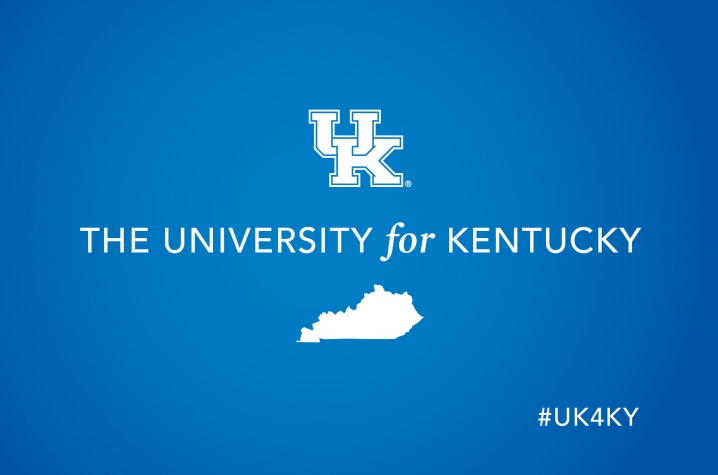Capilouto Says Budget Would Create Chilling Effect on UK Momentum

LEXINGTON, Ky. (Feb. 11, 2016) — University of Kentucky President Eli Capilouto told state lawmakers Thursday that tens of millions of dollars in proposed cuts to state funding would have a "chilling effect" on the institution's momentum and would stunt progress in student success, research, health care and service that touches every county in the state.
"At this very moment, we should be retaining and recruiting the professors, scientists and clinicians who would make this place their life's work," Capilouto told members of the House Budget Subcommittee on Postsecondary Education. "Instead, we are facing a budget reduction that would potentially stop our momentum in improved retention and graduation rates, path-breaking research and discovery, and quality patient care."
Capilouto raised three specific issues with lawmakers that he said were integral to the future of the university and the Commonwealth. His entire presentation can be accessed here.
--First, UK is an economic engine that deserves more investment, not less.
Capilouto said the state, to that point, receives a 12-fold return on its annual investment of $280 million in UK through a $3.4 billion budget, some 12,500 full-time employees, record numbers of students and graduates as well as a growing regional referral center in UK HealthCare.
"We are educating more students, creating more jobs, and healing more patients with complex illnesses than at any time in our 150-year-history," Capilouto said.
--Second, the proposed reductions would cause pain and diminish those returns.
The proposed budget includes a mid-year cut of 4.5 percent, or nearly $13 million this fiscal year. Moreover, the governor has proposed cuts of 9 percent — or more than $25 million — in 2016-2017. For the following year, the budget proposes cuts to UK's appropriation an additional $84.7 million, or 33.3 percent, and places the funds in a Postsecondary Education Performance Fund.
As a result, UK’s base state appropriation for FY 2018 would be $169.7 million prior to any performance funding allocation. UK is also already receiving more than $55 million less from the state annually than it did in 2008 — the impact of significant cuts during the national recession.
Capilouto said it is a myth that because of UK's size — and its $3.4 billion annual budget — that it can readily absorb further, significant state funding cuts.
For example, Capilouto said that of the university's overall budget, the bulk of it is restricted to specific uses.
Dollars from Medicaid for patient treatments, which make up the UK HealthCare budget, can't be used to offset tuition, he said. Or, likewise, a research contract — out of UK's annual $285 million in research grants and contracts — can't be used to hire a math instructor.
UK, as a result, utilizes state appropriations, tuition and fees to hire faculty and staff, further advance student support and success, determine scholarships and assess instruction and learning needs across the campus.
"We can't simply absorb these cuts — even with our size," Capilouto said. "Your investment fuels the engine that is helping drive Kentucky's economy. Cutting off fuel to that engine stops our progress. It hurts Kentucky. It threatens our future."
--Third, UK supports performance-based funding to increase accountability, but it must be fair, consistent and transparent to everyone.
"Making up rules in the middle of the game is akin to building a plane while trying to fly it," Capilouto told lawmakers. "What is being proposed would send a chilling signal to all we do and those who support us. It's a signal that this is not a place for investment. Your investment is the first dollar in, and it determines everything we do the education we provide our students, the care and service we render and the research we conduct."
Capilouto told lawmakers that most states now are investing more — not less — in higher education. Of the 20 states in the Southern region of the United States, only four – including Kentucky – are decreasing investments in higher education. Among those states increasing investments are states such as Indiana, Tennessee and South Carolina, which have been lauded in Kentucky economic development circles for what they are doing to grow jobs and the economy.
"I know you have big decisions to make. And I will always do what I can to support you in making them. But I would ask you not to put at risk the very future you have invested so much of your labors and our state's dollars in. Doing so risks Kentucky's future."
UK is the University for Kentucky. At UK, we are educating more students, treating more patients with complex illnesses and conducting more research and service than at any time in our 150-year history.
MEDIA CONTACT: Jay Blanton, 859-257-6605, jay.blanton@uky.edu




